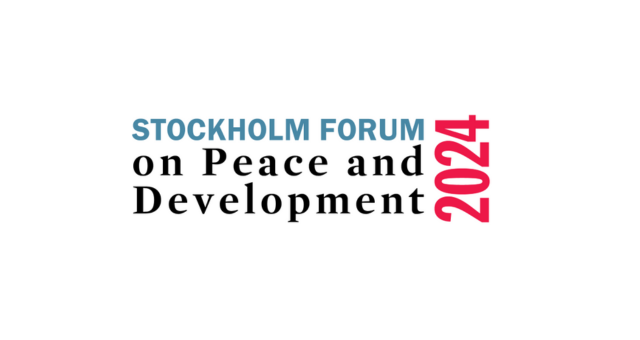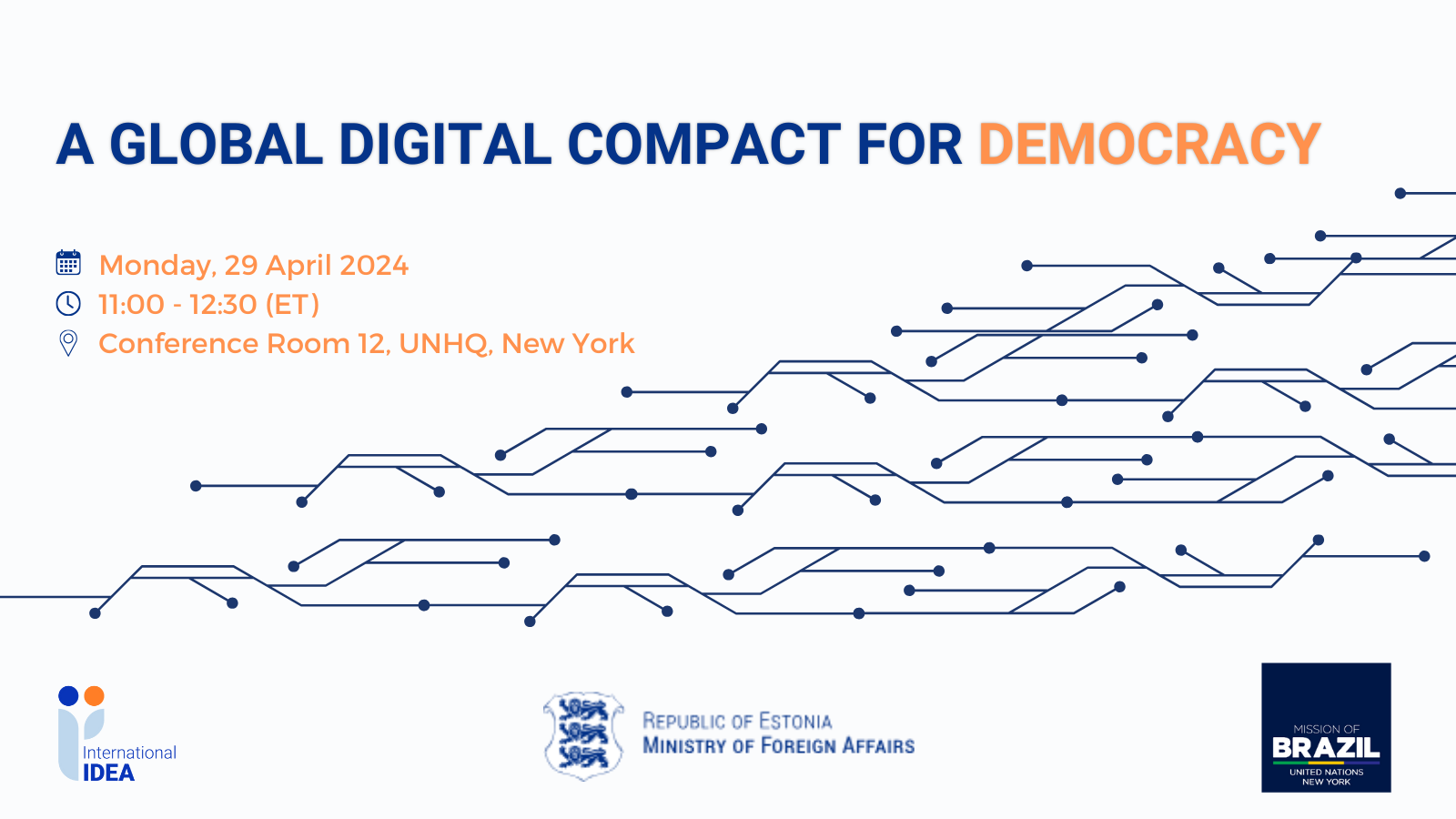Overcoming political exclusion of indigenous women in Mexico
On 27 November 2014, the Mexican Senate passed a bill amending the Federal Constitution in order to guarantee equal participation of indigenous women in electoral processes. The bill was initiated by Deputy Eufrosina Cruz Mendoza, a member of the Federal Chamber of Deputies and a Zapotec indigenous who has been involved in an inspiring fight against social and political marginalization of indigenous women in Mexico.
Coming from the constituency of Oaxaca, a State composed of 16 different ethnic groups, Eufrosina was denied the right to run for mayor in the 2007 municipal elections because she was a woman. According to the principle of self-determination, the Federal Constitution of Mexico recognizes the right of indigenous communities to elect their representatives on the basis of customary law. In total, 418 out of the 570 municipalities in Oaxaca live under customary law, while in approximately 80 of them the word “woman” is not included in the customary rules. As a result, women are excluded from exercising the right to vote and stand as candidates.
Instead of accepting political exclusion, Eufrosina challenged the status quo, filing a complaint to the National Human Rights Commission which ruled that “the implementation of indigenous customary laws on electoral matters should not be at odds with the principle of equality between women and men”. Following this ruling, Eufrosina was elected at the Oaxaca State Congress in 2010 and became the first female President of the Congress. During her mandate, she initiated a reform of the State Constitution to ensure that indigenous women enjoy equal political rights with men.
In 2012, she was elected Member of the Federal Chamber of Deputies, where she submitted a legislative proposal for the amendment of the Federal Constitution in order to clarify that indigenous customary rules cannot be applied if they infringe on the principle of universal suffrage and equal participation. The bill recently passed through both the Chamber of Deputies and the Senate, and includes transitional provisions requiring State legislators to adapt their constitutions and electoral laws within 180 days.
As stated in the preamble, indigenous women face multiple levels of discrimination: for being women, indigenous and poor. “The presence of women in political power transforms stereotypes and helps fine-tune certain contradictions of democracy”. (Decree amending Article 2 (A) (III) of the Political Constitution of the United States of Mexico. Preamble, Section 1.)
During the workshop on Successful Strategies Facilitating the Inclusion of Marginalized Groups in Customary and Democratic Governance: Lessons from the Field organized by International IDEA in Kathmandu, Nepal, 17–20 September 2012, Eufrosina presented strategies to challenge traditional governance systems through democratic legislative structures. She summarized her view on democracy: “Democracy is strengthened when it includes indigenous peoples and gay people and women. This is democracy and this is how we create great civilizations”.



